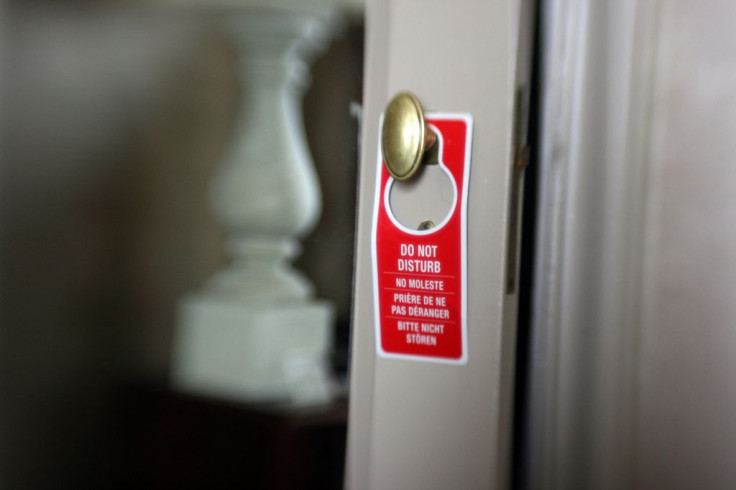Senior Sex In The Golden Years: Older People Remain Sexually Active Despite Health Conditions

The desire for intimacy, whether it’s from a friend or lover, is a universal need that persists from our prime well into our golden years. Many of us want to continue having an active, satisfying sex life despite the inevitable health conditions that come with old age. And now, according to a study published in the journal Leisure Sciences, seniors don’t have much to worry about.
A team of researchers from the University of Illinois and the Ben-Gurion University of the Negev, Israel, have found despite ageist stereotypes, seniors continue to be sexually active well into their golden years. In fact, many elderly people consider sex essential to their well-being, happiness, and overall quality of life, especially after retirement. "Although some older adults reported abstaining from sexual activity due to health conditions or loss of interest, others refused to renounce sexual activity," said Liza Berdychevsky, a professor at Illinois, in a statement.
Interested in learning more about the importance of and constraints on sexuality in older adulthood, Berdychevsky and her colleague Galit Nimrod 14 online forums where people aged 50 and older connected from across the globe to talk about a diverse range of topics. For example, some seniors were content with retiring from sex, while many others emphasized they "remained sexually able, interested and active."
Results showed that the specter of death seemed to inspire seniors to experiment more sexually than they did when they were younger. Not to mention the increased leisure time also increased their libidos, which moved sex up on their priority list. These seniors also felt sexual experimentation affirmed their existence and even aided personal growth.
However, some older adults felt there were too many cultural, social, psychological, and biological constraints when it came to intimacy. Some shared incidents of health care workers dismissing their concerns about their sexual health or functioning, while others said their adult children or facility staff members scrutinized their lifestyles. As a result they renounced sex at an age when they could still enjoy it.
Scientific data, such as this study, help to dispel stubborn stereotypes surrounding age and sex — mostly that as you age you don’t have it as often. Revamping sexual education programming would further help to address the various physical and psychosocial risks sexually active seniors face, according to the researchers. And in turn healthcare providers and residential facility staff members might be more sensitive to elderly people’s sexual questions and concerns.
The truth is seniors are having sex more than ever. Many older adults don’t let their health problems or society’s ageist stereotypes get in the way of great sex. Previous research has found barriers to sexual pleasure for older people are more likely to be social than physical. They are stereotyped as being non-sexual beings who should not, cannot, and do not want to have sex. But as we’ve recently learned, sexual activity doesn't lessen just because you add more candles to your birthday cake.
If sex can be as regular in middle age as it is in, say, a person’s teens, then so is the risk for sexually transmitted diseases (STDs). Doctors believe the release of Fifty Shades of Grey has led to an increase in chlamydia, syphilis, and gonorrhea in people who are over the hill. In 2012, the Centers for Disease Control and Prevention reported STD rates for Americans aged 45 to 65 have almost tripled in the past decade.
Though health conditions may hinder older adults' physical abilities, their willingness to keep having sex, rather than surrendering to their physical limitations, helps them feel fulfilled. So, grandma and grandpa may be having just as much fun as their adult grandkids.
Source: Berduchevsky L and Nimrod G. Sex as Leisure in Later life: A Netnographic Approach. Leisure Sciences. 2016.
Published by Medicaldaily.com



























